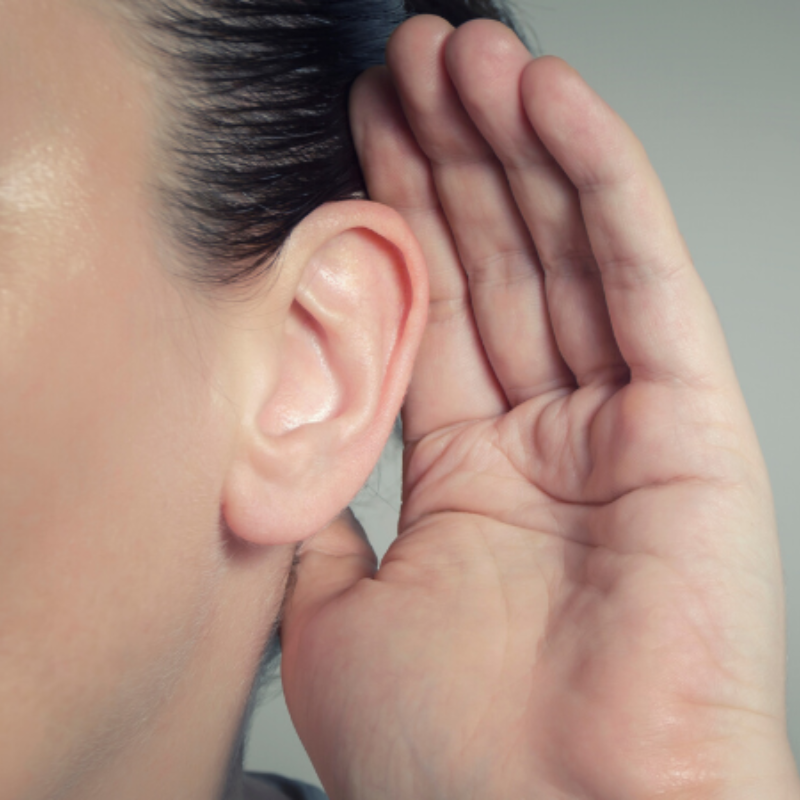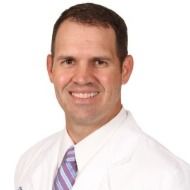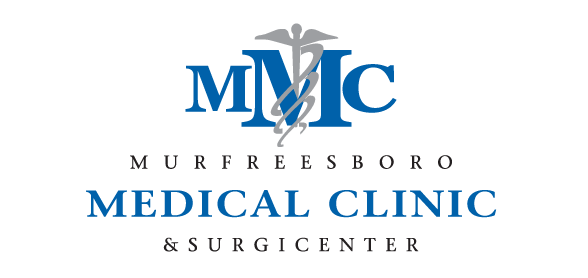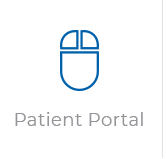Sudden Hearing Loss

Approximately 48 million Americans have some degree of hearing loss. While it is fairly common, that doesn’t lessen the difficulty.We’re here to answer any questions you may have and give our words of advice.
I woke up this morning and could not hear. What should I do?
Sudden hearing loss can be a very scary thing. If your hearing returns to normal in a few seconds to minutes, continuing to monitor and observe for additional or worsening symptoms is reasonable. However, if symptoms last 24 hours or more, further evaluation from an ENT provider is recommended. Dizziness and tinnitus (ringing in ears) may also accompany the hearing loss.
How hearing loss is diagnosed:
A prompt initial assessment and audiogram are the first steps in evaluating hearing loss. AAO-HNSF guidelines advise getting audiometric testing as soon as possible after symptom onset but for certain within the first 2 weeks. There are 3 types of hearing loss, sensorineural, conductive, and mix of these two.
- Conductive hearing loss occurs when there is an issue transporting sound waves through the outer or middle ear. This would include the ear canal, tympanic membrane, or ossicles. Examples include ear infection, cerumen impaction, and eustachian tube dysfunction.
- Sensorineural hearing loss occurs when the origin of the problem occurs in the inner ear or the vestibulocochlear nerve. Common causes of sensorineural loss include aging, noise exposure, viral infection, medications or even tumors.
- Mixed hearing loss is a combination of both conductive and sensorineural loss.
Further Evaluation and Treatment
Distinction your type of hearing loss is very important in determining treatment. Treatment of conductive hearing loss can usually be cured by treating the source of the problem. These treatments can range from removing ear wax from the ear canal to prescribing antibiotics for ear infection.
However, treatment for sudden sensorineural hearing loss (SSNHL) can be more complex. Most SSNHL are idiopathic (arising spontaneously from unknown cause) and diagnosis of this type of loss can only be made through an audiometric testing. After obtaining the audiogram, with results showing a sensorineural hearing loss of ≥30 dB affecting at least 3 different frequencies and MRI is recommended. The MRI will be focusing on retrocochlear pathology such as vestibular schwannoma. AAO-HNSF guidelines state the recommended treatment for SSNHL is oral steroids or intratympanic steroids(injection of steroids into the ear). Prompt evaluation is needed because oral steroids need to be started within the first 2-3 weeks of onset of symptoms. If oral steroids fail to completely resolve symptoms or a person cannot tolerate oral steroids then the use of intratympanic steroids within the 2-6 weeks is also encouraged.
Without appropriate care permanent hearing loss,tinnitus or decreased quality of life can occur from sudden hearing loss. Timely evaluation from an ENT provider and audiogram are extremely important for proper diagnosis and obtaining positive outcomes after sudden hearing loss.Schedule an appointment with us you have concerns about your hearing. Give us a call today.

By Chad Richardson, FNP-C, MMC Comprehensive ENT Specialist
Chad Richardson moved to Rutherford County to attend college at Middle Tennessee State University in 1999. He currently lives in Murfreesboro with his family, including his daughter and son. His interests include hiking, baseball, hunting, fishing, and golf.
Chad studied nursing, and received his bachelor's degree from Middle Tennessee State University in 2004. While completing his bachelors he began his MMC journey by working in the Pediatric department. After graduation he then left the clinic to work in Vanderbilt Pediatric Emergency Room. After 3 years away from the clinic he then returned to work at MMC in 2007 and worked both in the PACU and OR in the SurgiCenter. While working in the SurgiCenter, he then completed his master's degree studies from Tennessee State University, and became a board certified nurse practitioner in 2018.






